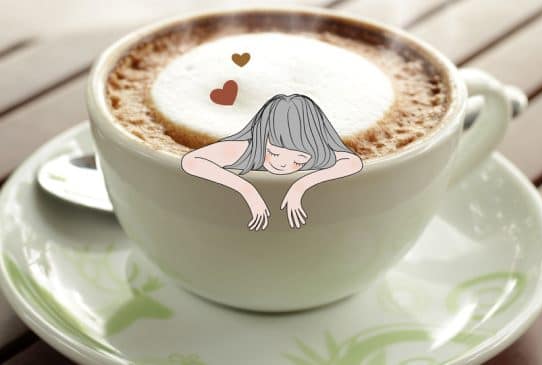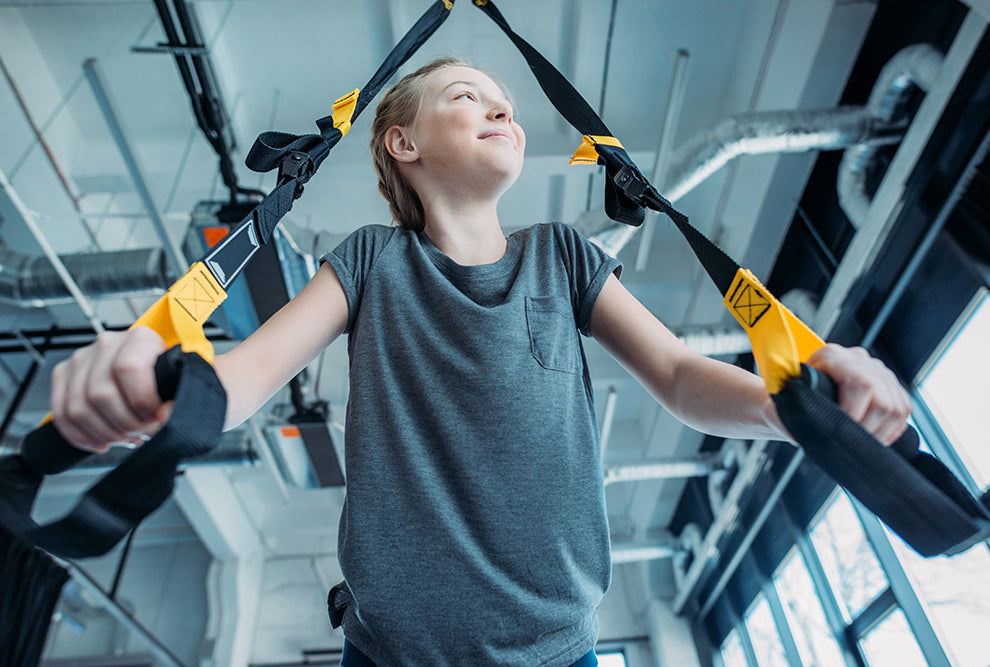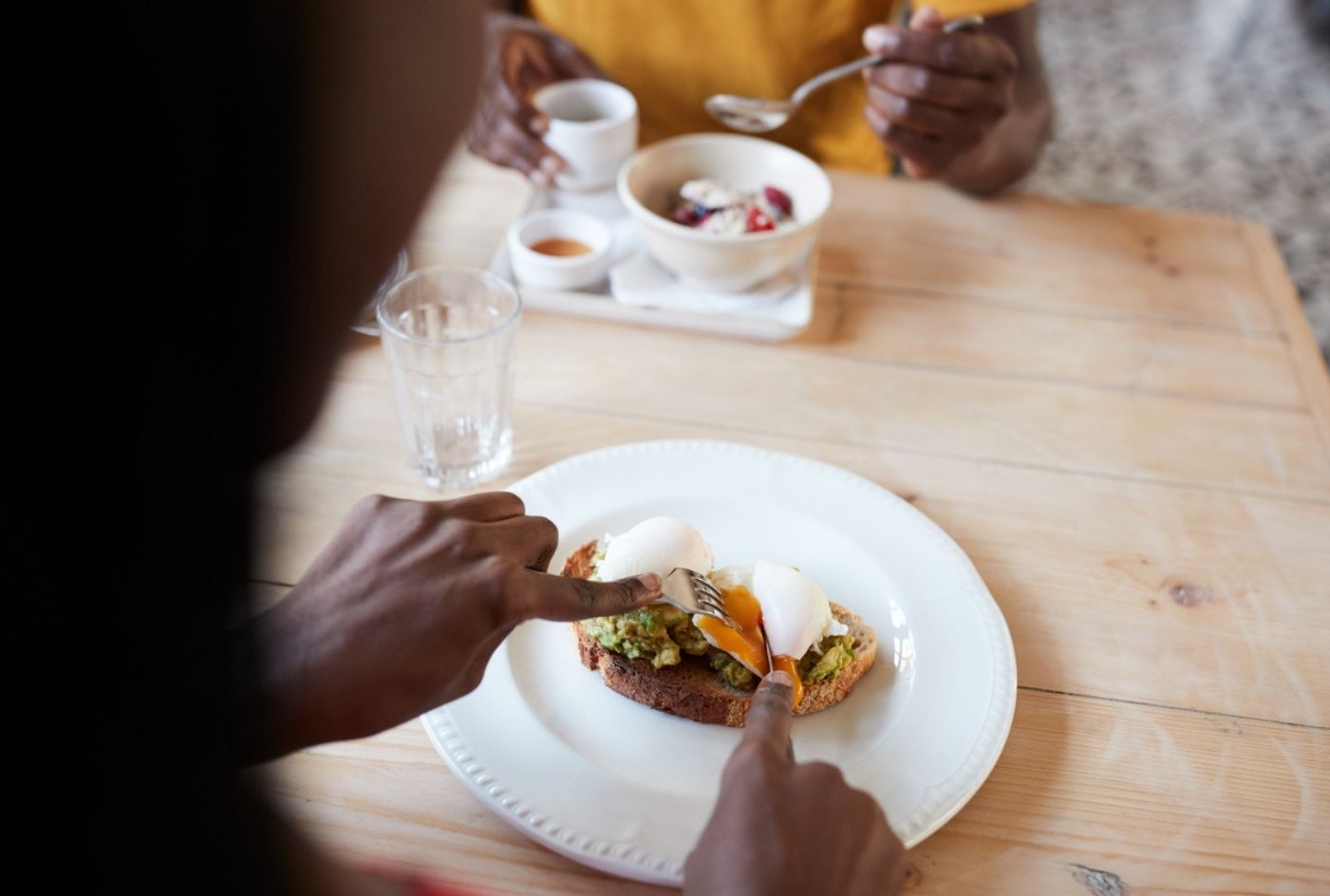
I used to be by no means a espresso lover. The deep, earthy style of espresso was too overpowering for me. Regardless of belonging to a South Indian family that prizes espresso, I may by no means deliver myself to utterly liking the beverage. As a substitute, it was the citrusy, floral style of tea that appealed essentially the most to me.
However then an odd factor occurred through the years; I slowly began sidelining my former favorite beverage for espresso. The explanation was caffeine. Tea has round 28 to 46 mg of caffeine, minuscule in comparison with the 107 to 151 mg of caffeine a brewed cup of espresso accommodates.1 Initially, I made the swap as a consequence of affect from buddies who have been espresso drinkers. However I seen that after each cup of espresso, my mind began working sooner. I may end extra work once I was caffeinated than once I wasn’t. And shortly, I used to be nursing a full-fledged caffeine dependancy and appeared least bothered about it.
Caffeine hassle
There is not any doubt that caffeine has a variety of neat advantages. For starters, it’s a mind gas and is alleged to assist in reducing blood sugar. However for somebody like me who’s hypoglycemic, caffeine was unhealthy information. I began experiencing sugar crashes extra typically and to take care of these hypoglycemic episodes, I began snacking on sugary and carb-rich meals. Listed below are indicators that you’re hooked on caffeine.
Sleep was one other casualty of my caffeine dependancy. Since caffeine has a half-life of 5 hours within the human physique,2 my 8 pm espresso excursions have been proving to bother for my sleep routines. Plus, I used to be certain all of the cortisol-rush from the espresso was making me fats across the waistline. So this 12 months, I made a decision to kick caffeine and see whether or not it made any distinction to my well being.
Going off caffeine
Earlier than I went off on caffeine, I used to be suggested to taper it off slowly than going chilly turkey suddenly. However I used to be in no temper to taper and stopped having espresso altogether at some point. On day one, I skilled a horrible headache. However I’m certain that wasn’t a symptom of caffeine withdrawal however a results of oversleeping. With out caffeine, I felt extra drained than earlier than. However I knew that caffeine was solely solely going to offer me a false sense of wellness and that perception helped me keep it up not fall off the wagon.
Enhancements
Extra power: Since I wanted an power enhance from a extra nutritious supply, I switched to fruit smoothies within the morning. I began making it a degree to purchase recent fruit after work on daily basis. And I used to be stunned to see how properly they labored at protecting me awake. Fruits are stuffed with energy-providing sugars similar to fructose which does a significantly better job at waking you up than caffeine ever can. Here is what occurs once you stop caffeine.
No extra low blood glucose: Amazingly, I did not expertise a single sugar crash in all lately and my urge for food was excellent. I could not deliver myself to consider that caffeine may have such a big impact in your blood sugar ranges.
No migraine: Caffeine is a vasoconstrictor in addition to a vasodilator.3 So it is unclear as to the way it impacts migraine. However I’m very certain that it worsened my migraine as a result of after I went off caffeine, I did not have a single episode of migraine.
Ideas
Going off caffeine was simpler than I believed since I made my transition fairly easily. I skilled nearly no withdrawal signs. The truth is, I wasn’t even tempted to take a sip out of my good friend’s cups once they had theirs. When you nonetheless miss having a beverage on waking up, attempt these wholesome caffeine-free drinks as an alternative. And if that does not work, here is how one can stop caffeine dependancy with yoga.
References:
1. Bunker, M. L., & McWilliams, M. (1979). Caffeine content material of frequent drinks. Journal of the American Dietetic Affiliation, 74(1), 28-32.
2. Brachtel, D., & Richter, E. (1992). Absolute bioavailability of caffeine from a pill formulation. Journal of hepatology, 16(3), 385.
3.Echeverri, D., Montes, F. R., Cabrera, M., Gal n, A., & Prieto, A. (2010). Caffeine s Vascular Mechanisms of Motion. Worldwide Journal of Vascular Medication, 2010, 834060. http://doi.org/10.1155/2010/834060
Picture supply: Shutterstock






















